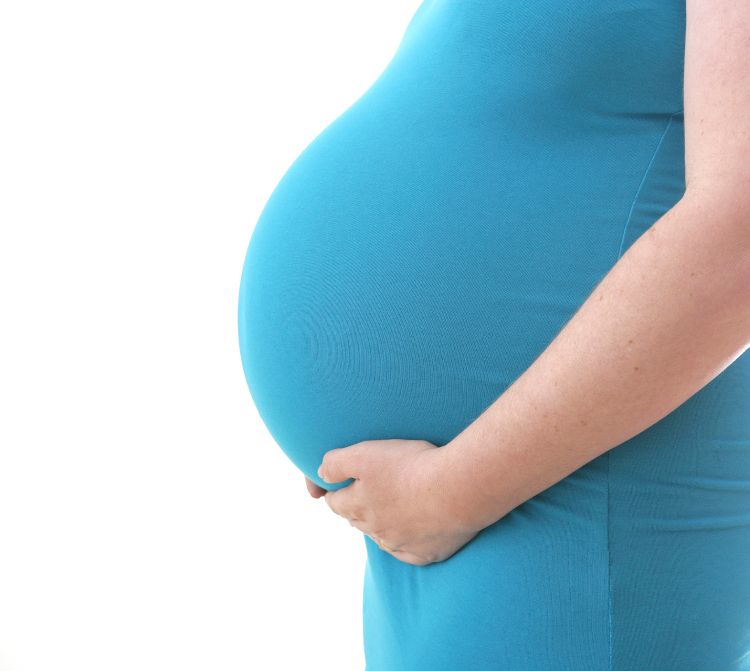Recent study erroneously concluded that prenatal supplements exceeded safe limits for heavy metals
According to USP, the researchers misapplied the limits for heavy metals and therefore their results were inaccurate.
Photo © iStockphoto.com/Rinelle

A recent study published in The American Journal of Clinical Nutrition evaluated the choline and iodine content claims and contaminants of 32 nonprescription and prescription prenatal multivitamins and minerals. In the study, the researchers determined that the levels of arsenic, lead, and cadmium were above “USP purity limits” in 7, 2, and 13 of the prenatal vitamins and minerals, respectively. According to a statement from USP, “the limits as well as the units were incorrectly applied and that the values presented in the first publication of the study were inaccurate.”
A release published by the Council for Responsible Nutrition (CRN; Washington, D.C.) explains that, “The referenced limits pertain to ingredient testing and are measured in mcg/g, not per daily dose. Correct application of the appropriate USP standards (General Chapter 2232 for dietary supplements) shows that all tested products were well below established safety limits for heavy metals.”
“It is particularly unfortunate that it has taken a month since the study was initially released in prepublication form and a press release was issued by the author’s university to get acknowledgement that the inflammatory conclusion was in error,” said Steve Mister, CRN’s president and CEO in a press release. “During that time, numerous media have erroneously reported on the study’s conclusions in reliance on misinformation. And countless women have unnecessarily experienced anxiety over the safety of their vitamin regimens during their pregnancies.”










